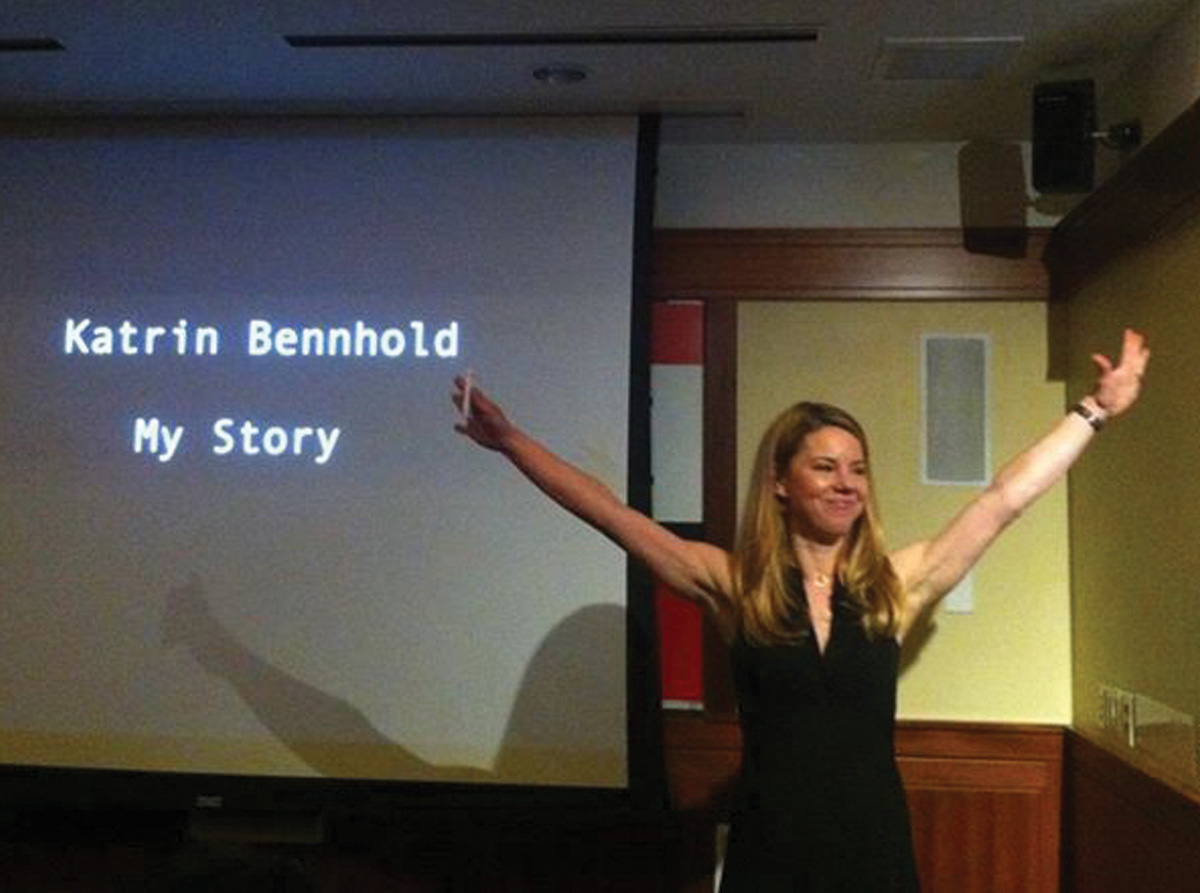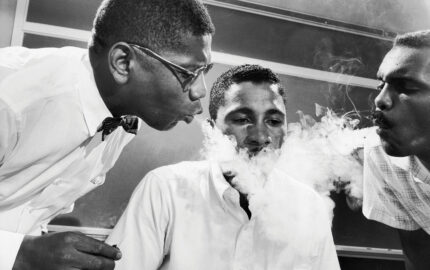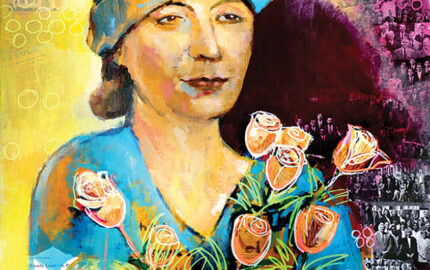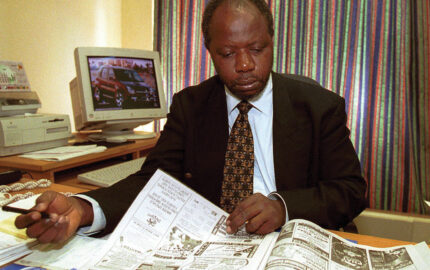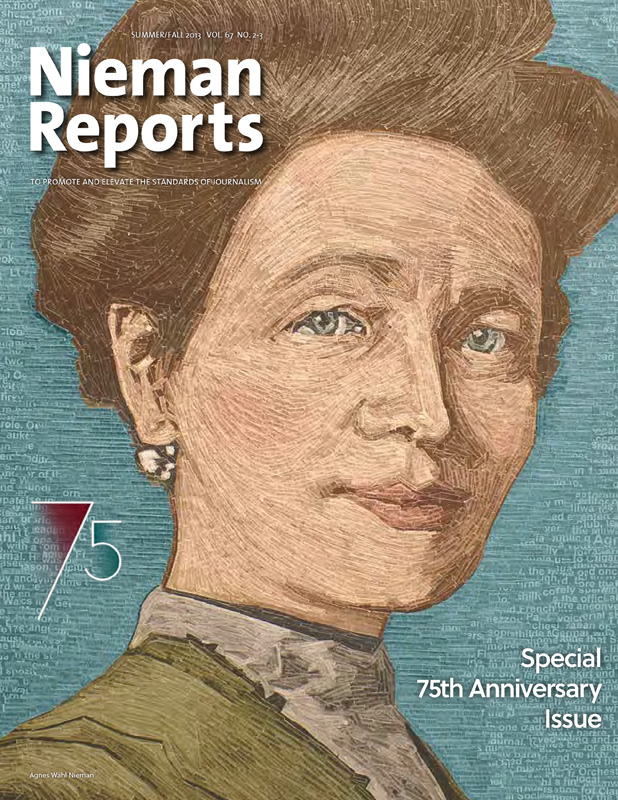
Lois Fiore, hired in 1973 as assistant to curator James C. Thomson Jr., recalls the origins of the Sounding
One of the things we told the Fellows—and, I’m sure, still do—is that among the most interesting people you’re going to meet during your Nieman year are each other, so really be sure to spend a lot of time going out for lunch, going out for a cup of coffee, hanging around Lippmann House.
After talking to Fellows from the class of ’74 about this all the first semester, they asked me if there was a way to have it be a more formal kind of setup. Along with what we called “beer and cheeses” back then—B&Cs—they wanted us to also set up a seminar for them to talk to each other. Jim Thomson said, “Great. Let’s do it.” I came up with the name “Soundings” because we wanted to distinguish it from the B&Cs and really make it its own thing. That’s the most formal thing we did about it.
In the beginning, Soundings were focused on professional experience and development. The way we phrased it was: What were the professional elements in your career that led you to where you are now? We really focused on the professional side of things until the early 1980s. By that time, a lot of people who covered the ’60s—the Vietnam War, the antiwar movement, the gay rights movement, civil rights, all of those issues—were becoming Fellows.
One of the first people who really articulated this change was Margot Adler, NF ’82. She started her Sounding by saying, “I know that this is an event, these Soundings, for us to talk about our professional careers. But I grew up as a ‘red diaper baby’?” [a term used to describe children of parents believed to have communist sympathies] and she talked about what that phrase meant and the trouble her parents had faced during the red scare of the 1950s. “My life, my whole life, including before I became a journalist, was deeply political because of this red diaper baby era and fear of communism and the McCarthy hearings and all of that. My work as a journalist came from a very politically activist point of view.” She was the first one I remember who specifically said, “Because of my activities in the ’60s, I have to talk about my personal life in the Soundings.”
“Everyone who comes here brings a certain amount of baggage, good and bad. On Tuesday nights … they open that suitcase to allow us a peek at their unmentionables”
—Rick Bragg, NF ’93
From there, people talked about issues of poverty in their childhoods, difficult family situations, or health issues. Howard Simons didn’t feel it was appropriate for those kinds of personal issues to be topics for Soundings—he felt it made some Fellows uncomfortable—so he removed Soundings from the regular schedule. The Fellows loved them and didn’t want to drop them, so for a while the Soundings were organized by the Fellows and held in their homes. When Howard realized how much the Fellows enjoyed them, he said, “What’s the big deal? I want to hear them if they’re going to go ahead with them,” and added them back to the calendar.
The format was always the same: a presentation, followed by a question-and-answer session. Cheese and crackers was the usual menu when we started out; in recent years, whoever was giving the Sounding would also be responsible for feeding the group. We also had a policy at the start that it was for Fellows and spouses only. If they wanted to include the staff that was their decision, but then it became standard. Then they asked if they could invite other guests: their family, if they were in town, favorite professors, or others. We wanted the Fellows to do it the way they wanted, and if that was the way they felt more comfortable, we were happy to say yes.
